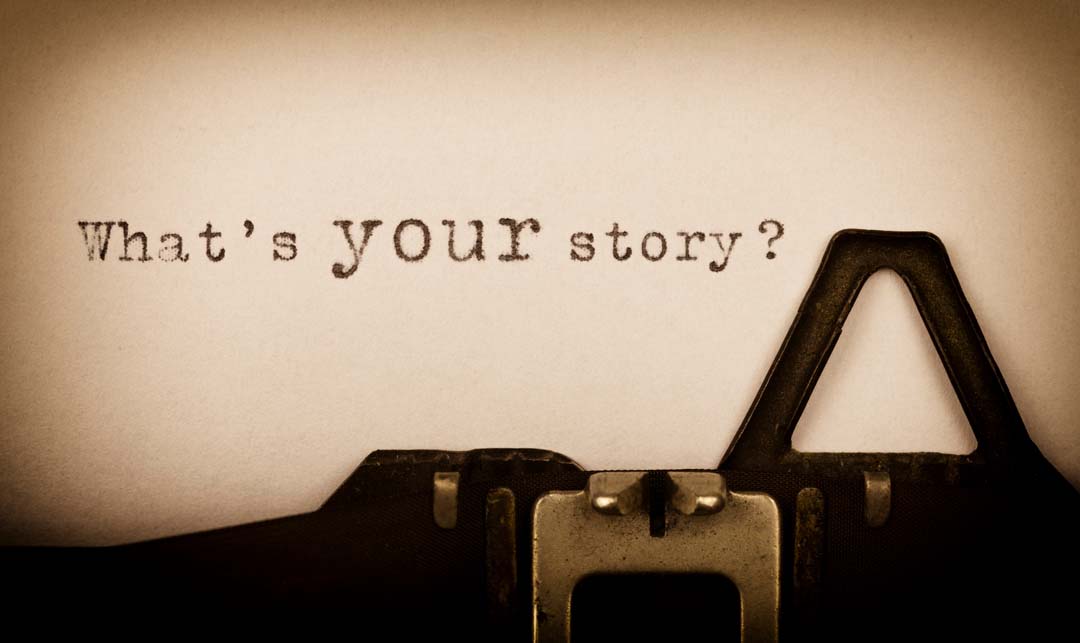Dominic Baker talks about why careers coaching is more important to young people now than ever, and why a coaching partnership is good for your business.
You set up Future Frontiers when you were 27. What drove you to make that decision so early on in your career?
It was a combination of my own teenage experiences coupled with what I saw during my years as a teacher in my early twenties.
I had mixed experiences growing up. Until the age of nine, I lived in Surrey with four brothers and sisters – my dad was a parish priest. But just after my ninth birthday, my parents split up and my mum took us all off to live near my grandmother in Bedfordshire without my dad knowing.
I didn’t really understand what was going on. We’d visited there a lot, but suddenly we were living there, and it was very different to the suburban, gentle place I’d grown up in. My mum was a single mum with five kids, we were all on free school meals, there obviously wasn’t much money, and the secondary school we went to was pretty rough.
By the age of 15, I’d had enough. My dad had become chaplain of a private school in Wales and I left my mum and family and went to his school for three years. It was a big thing to move away. My family were very surprised. But I knew what I was doing was going to get me to where I wanted to be.
In the end, I realised my true passion lay within education. Straight out of university, I worked at a college in Cardiff, and it was full of the kind of students we’re focusing on now, studying for level 2, level 3 vocational qualifications.
Attendance and engagement was appalling – at one point, the government was testing paying them to show up! I could see they had potential, but hadn’t really thought about their futures. They weren’t excited and they saw no link between college and future opportunities.
In my second year there, I managed to get a tiny amount of funding for careers advice, mostly because I was a science teacher and I wanted them to engage with science in a more meaningful way. I sat them all down for a one to one, and it made a huge difference.
I think a big part of it was them knowing someone wanted more for them. That core message, and the focus on personalised guidance is still the foundation of Future Frontiers now.
You’ve had to switch to virtual during lockdown – how have you found it and are you going back to face to face when Covid allows?
The online programme has been brilliant for this year, and it’s enabled us to keep vital support going for young people at a time when it’s never been more needed. It’s also enabled us to support in harder-to-reach rural and coastal communities that we have previously been unable to access.
However, the benefits of face-to-face cannot be over-estimated. Young people need in-person contact when they are exploring who they are and what they want to be. So in short, yes, we fully intend to go back to delivering the majority of our programmes face to face when we can.
There’s been a lot of conversation in the media about the impact of working online on young people’s wellbeing over the last year – what do you think the impact has been on their mental health?
Working directly with young people and our volunteer coaches over lockdown has given us an insight into how much pupils have been struggling during this time. Pupils have spoken about the pressure of online learning, fatigue and the stress of dealing with deadlines and exams independently.
Shockingly, positive responses to the question ‘There is a purpose to my life’ dropped 17%.
This tells us that the need for career support and guidance is more critical than ever, as students struggle to see an end to the crisis, and worry about the long term repercussions to their futures. However, overall feedback about the programme from students remains positive.
Business partnerships are essential to the success of the career coaching programme, what’s in it for them?
All our business partners are genuinely committed to improving life chances for young people. But the reason we’ve been able to build such successful long-term partnerships is because businesses see their employee coaches benefitting too.
Staff engagement, wellbeing and satisfaction is always reported to be higher among coaches. This is unsurprising given that today’s employees don’t just want a pay cheque, they want purpose, with work that has meaning. Interestingly, during lockdown coaches have reported an even greater sense of wellbeing from having purpose, maintaining connections, and helping others during the crisis.
It’s also about skills development. Increasingly, managers are adopting a coaching approach to leading and developing their teams. Coaching a teenager is a much more creative and exciting way to develop those skills. Young people give instant, honest, feedback and you can see them developing often alarmingly quickly in front of you.
What is making you hopeful for 2021?
Our students make me hopeful, so I’m going to give the last word over to one of them if that’s ok…
‘My coach was absolutely fantastic. She helped me so much through the process of finding my ideal career and was so caring and motivational. From not knowing what to do in life to knowing exactly the steps I need to make to accomplish my dreams, this programme really did have a huge impact on the way I thought and helped get my life together,’ Hanna, future civil engineer.
About the interviewee
Dominic Baker is the co-founder of Future Frontiers. Future Frontiers will support 1600 students this academic year through partnerships with 50 schools and 80 businesses. Six hours of coaching can transform a child’s chances. For more info, visit https://www.futurefrontiers.org.uk.



